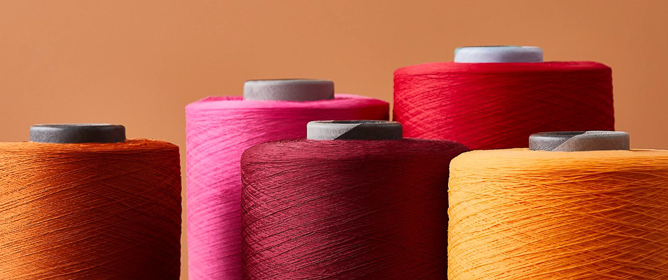The government of Canada has asked its counterpart in Mexico and the United States to request a consultation on the rules of origin of high-tenacity polyester yarn under the Mexico-United States-Canada Agreement (USMCA).
To clarify: the product corresponds to single or multiple, single or multiple, multifilament, untwisted, untextured, high tenacity polyester yarn of titer greater than 920 decitex.
USMCA Rules of Origin
This request was made on February 20, 2024, according to a U.S. Federal Register publication.
Canada is asking its USMCA partners to consider changing the rules of origin for certain end-use fabrics used in the production of fire hose based on the lack of commercial availability of certain high-tenacity polyester yarns in the three North American countries.
Polyester Yarn
The President of the United States may approve changes to the USMCA rules of origin for textile and apparel products. This requires the United States to reach an agreement with Canada and Mexico. This agreement must comply with Article 6.4.3 of the USMCA. In addition, its objective will be to resolve problems related to the availability of fibers, yarns or fabrics in the territories of the Parties.
Global market
According to data from the British consultancy PCI Wood Mackenzie, demand for polyester yarns has grown steadily since 1980.
In 2003, polyester overtook cotton to become the world’s best-selling fiber.
UNIFI notes that polyester now accounts for 56% of global fiber consumption. Moreover, demand is projected to grow between 3.0 and 3.5% per year until 2025.
In contrast, nylon accounts for only 5% of global consumption. However, due to its high cost, some products using nylon could switch to polyester. Together, polyester and nylon fibers account for 62% of textile consumption in North America.
UNIFI is active in the textile industry and, within that broad category, in the respective markets for yarns, fabrics, fibers and end-use products.

